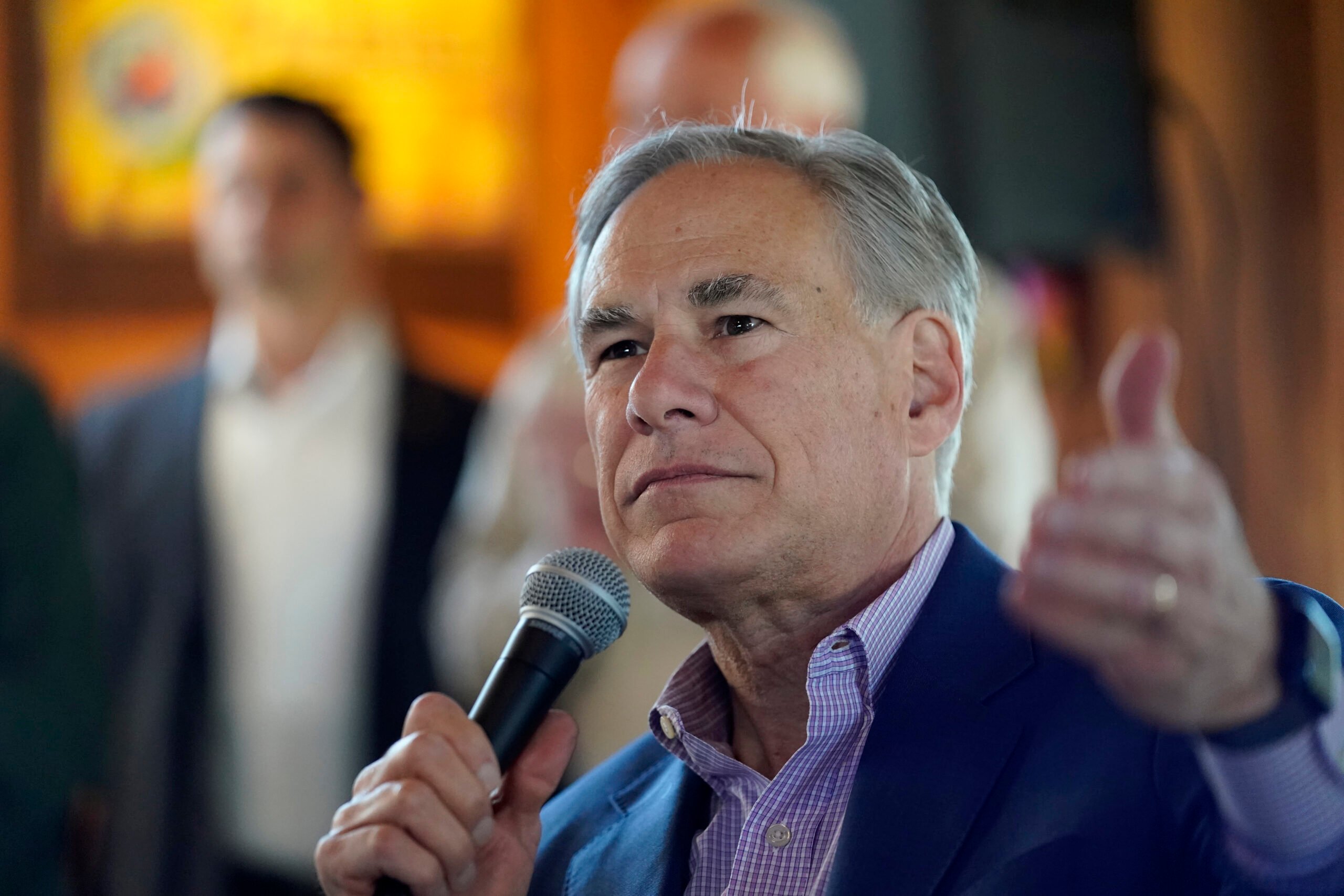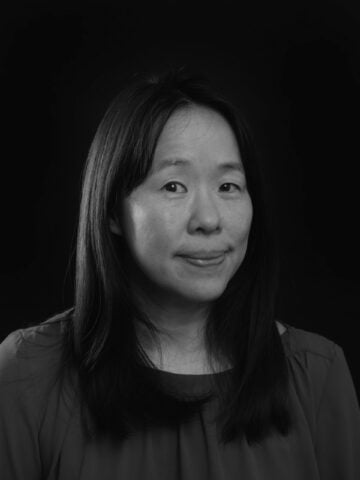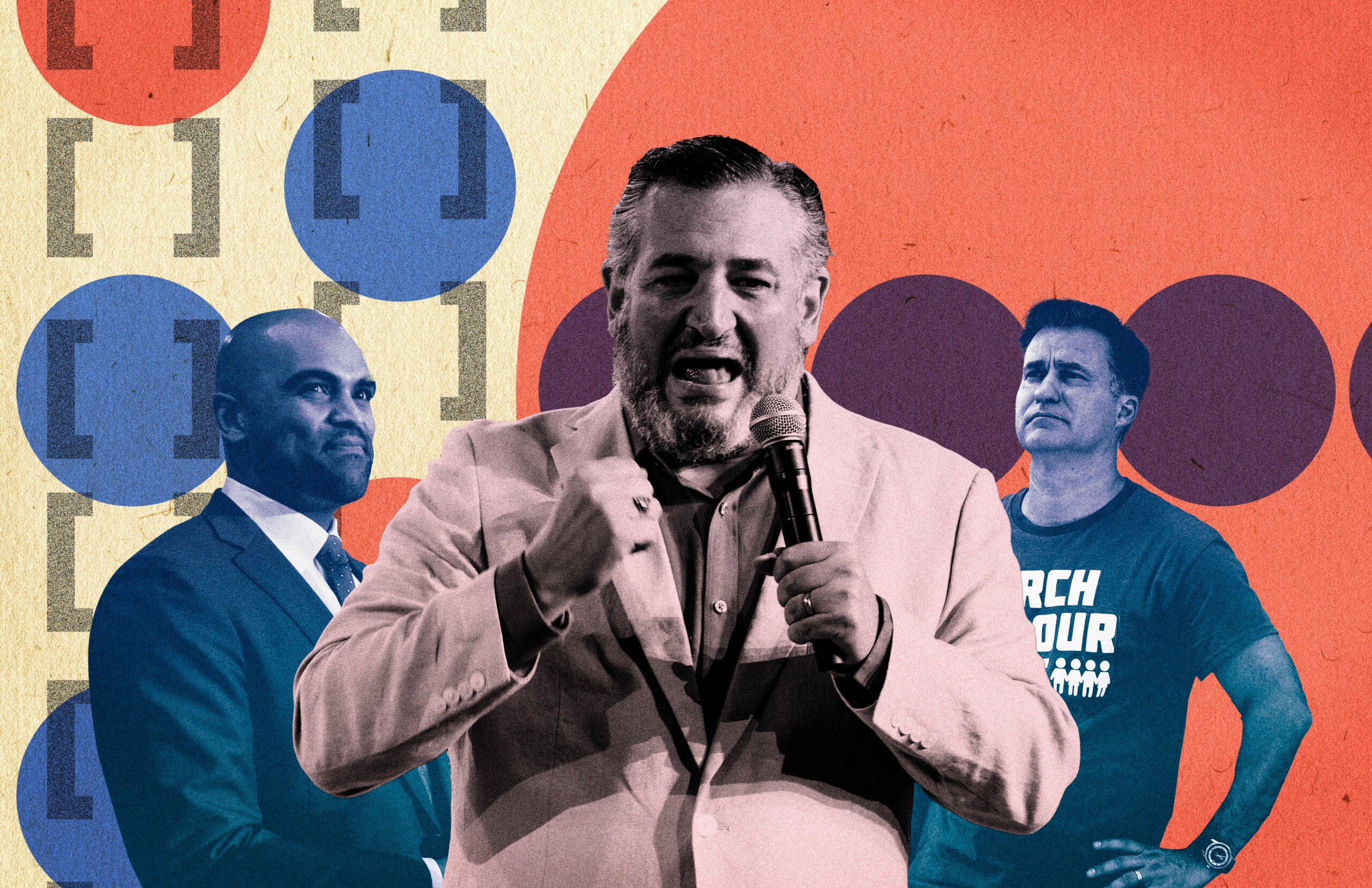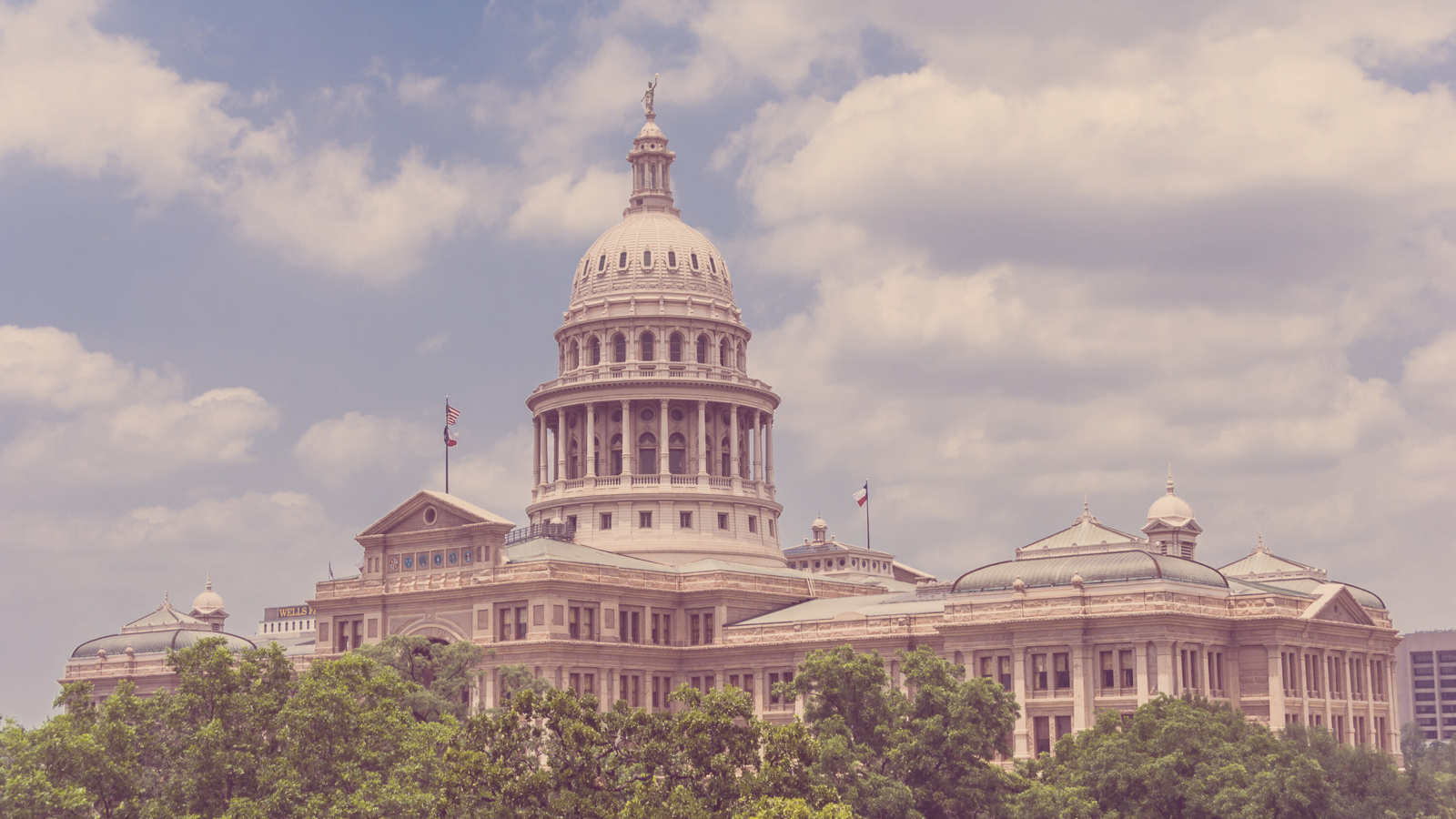
Will Greg Abbott Keep Losing on School Vouchers?
"If Abbott calls a special session to get a voucher program, we've been told by a lot of House members that the opposition to a voucher program will increase. "

A version of this story ran in the July / August 2023 issue.
This year, Governor Greg Abbott made “school choice,” or vouchers, one of his top legislative priorities. He counted on riding the wave of “parent rights” crusades into the national political arena. But Texans didn’t buy it.
Since 1995, the Coalition for Public Schools in Texas has assembled a broad spectrum of religious, child advocacy, and education organizations, now with 50 groups representing some 4 million Texans. Its member organizations range from the American Civil Liberties Union to the Texas Baptist Christian Rights Commission. For 28 years, the coalition has beaten repeated efforts to privatize public schools through a voucher system. This year’s regular legislative session was no different.
Abbott and the state Senate made multiple attempts to implant vouchers—after the House voted not to use public dollars for private schools—including offers to buy off rural school districts, back-door deals to vote without any hearing, and busing in a scant showing of supporters at the governor’s expense. These were countered by thousands of emails and phone calls and dozens of opposition rallies featuring coalition members. Still, Abbott has promised a future special session on vouchers. The Texas Observer spoke with Charles Luke, who coordinates the coalition, and the Rev. Charles Johnson, who leads the member organization Pastors for Texas Children, who together suggest that Abbott give up and focus on Texans’ real needs.

TO: Can you describe Abbott’s attempts to convince rural residents to support vouchers and pit them against urban communities?
Charles Luke: There was a measure that would have given districts $10,000 for each student on a voucher if that district had less than 20,000 kids. It would be a period of two years and then after that it was upped to five years. Also, the lieutenant governor, when he was running for office and doing his tour of Texas, said he was going to bracket out the rural districts from the voucher programs. He got a lot of pushback from people saying, “If this is such a good idea, why are you leaving us out of it?” So he quickly changed his opinion and even reportedly told senators who were also using that as a talking point in their campaigns to stop talking about vouchers because it’s not popular.
What are the conditions in rural schools?
Charles Johnson: The big headline is we’re sitting on a $33 billion pot of money. And the governor wants the money to go to private schools instead of public schools. That’s the nub of the matter right there. So we didn’t get the classroom support we needed; we didn’t get the teacher salary increases, even though our classes are too full. And with teacher retention so low, you have fewer teachers working harder, longer hours without the fair pay associated with that extra effort. All this time, we have money in the bank; we have all these infrastructure needs, and we’re spending all our time using the voucher issue to hold hostage school finance.
Luke: The other issue that hasn’t been talked about is that schools are trying to make it under double-digit inflation. Everything they’re purchasing, from construction materials to food for the cafeteria, has gone up since COVID. So they’re doing all of this without any extra money. At the same time, we’re limiting their ability to raise local taxes.
Why did Abbott’s fearmongering about “critical race theory” and other efforts fail?
Johnson: Because it’s ludicrous. When [rural Texans] really look around the school, they see their family members and their church members. For example, the Baptist preacher’s wife is the principal or their teacher is the mayor’s daughter. In a rural community, where people know each other and have organic relationships, this is the key. They’ve grown up together, the children have been in school together. There are cross-racial relationships. The teacher who harbors a humanistic concern for the well-being of every child is going to guard the freedom and dignity of the child’s religious expression. But there are shrill and well-funded political interests in this country that do not want to have that kind of diversity. It does not advance a particular right-wing political agenda.
Do you think the anti-”critical race theory” narrative is on its way out then?
Johnson: Absolutely. We’re addressing all these manufactured crises that don’t have any real direct existential connection to where Texans live and what they need: a great public school for ranch kids, roads to get products to market, broadband, water. All those things are very important. That’s what we ought to be addressing here in Austin.
Luke: I think the people of Texas are just worn out. They’re angry and frustrated, and then there’s this narrative that keeps on coming up, this baloney narrative that we don’t really see happening anywhere. After decades of being in the schools, I can count on one hand the number of times somebody taught something that shouldn’t be taught. But here’s the problem: A lot of these people, who are pushing this problem and pushing the privatization of public schools, haven’t been inside a public school in years. And every time I hit a pothole that didn’t get filled in because the state spent money fighting “critical race theory,” well, that’s a frustration for me.
What should religious liberty look like in the public schools?
Johnson: This is our number one objection to the privatization of public education. The public school is the laboratory of American democracy, where children learn to respect each other across all kinds of differences. And the protection of religious liberty is a fundamental human right. Government has no proper authority over religion. Period. Now our children can already express themselves religiously in schools in all kinds of ways. They can have a silent prayer. Religious organizations can meet on their own time before or after school or during lunch hour for a prayer group. Principals spend a good bit of their time protecting individual religious expressions of children and teaching tolerance to children for all the diverse expressions of religion. One of the foundational pieces of curriculum in a public school is tolerance, respect, and anti-bullying. It is the social and emotional support that children need to grow up into full adulthood. So, it is an egregious violation of human rights for public dollars to advance a religious doctrine.
Dr. Luke gave the best response this session to [Republican state] Senator Mayes Middleton.
Luke: Mayes Middleton had asked me [during a Senate Education Committee hearing] to explain a tweet from Pastors for Texas Children: “The governor is leading in the indoctrination of children by promoting vouchers.” Well, if you’ve got a child in a religious school, be it Christian, Muslim, Jewish, or whatever, they’re gonna teach that child their religious doctrines and that’s the dictionary definition of indoctrination.
What do you foresee for Abbott’s special session on vouchers?
Johnson: If Abbott calls a special session to get a voucher program, we’ve been told by a lot of House members that the opposition to a voucher program will increase. This has already been quite an embarrassment for Abbott. Now, he wants to call the legislature back into session, after what they’ve been through these past 140 days, just to once again vote on something that they have defeated time after time after time for the last 28 years.
This interview has been edited for length and clarity.



